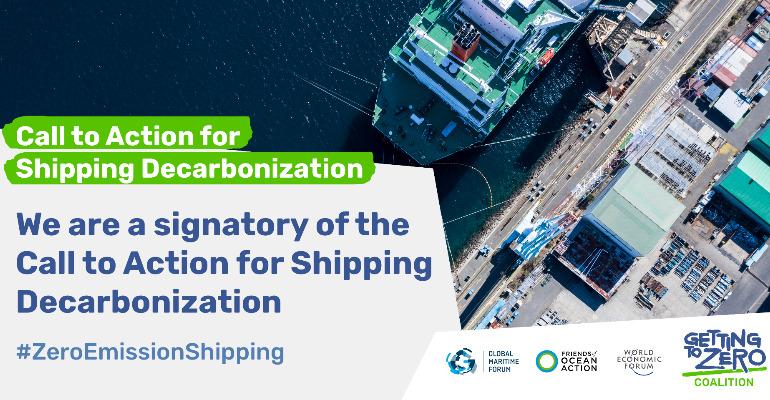It goes beyond the International Maritime Organization’s ambition to reduce net GHG emissions from shipping by 50% by 2050 compared to 2008.
The company is already involved in several projects that seek to identify alternative fuels and develop more sustainable technologies.
Continued investment and collaboration
Explaining the decision, Pierfrancesco Vago, executive chairman, cruise division, MSC Group, said: ‘As a family business with over three hundred years of maritime heritage, we have always felt a deep responsibility towards our marine environment and our planet. Today we are taking our commitment one step further by embracing a net zero emissions future within the next three decades.’
According to Vago, the ambition will be achieved ‘by investing in and otherwise supporting the accelerated development and implementation of innovative, cutting-edge technologies to be deployed across our fleet, continuously raising the bar of environmental performance and leading our industry forward.’
He continued, ‘Collaboration between operators, shipyards, technology manufacturers, academic institutions, public authorities and governments will be essential. There are already encouraging signs of such partnerships enabling progress, but more can and must be done.’
With a nudge towards other industry bodies, Vago remarked, ‘I call on all parties to work relentlessly towards this end and bring about the next great energy transition in our industry.’
‘Call to action’
The Getting to Zero Coalition includes more than 150 companies within the maritime, energy, infrastructure and finance sectors and was established by the Global Maritime Forum, Friends of Ocean Action and the World Economic Forum in 2019.
It followed a 2018 call to action by 34 stakeholders dedicated to decarbonising shipping, which will be delivered to governments around the world ahead of COP26 – the UN climate change conference taking place November 1-12 in Scotland – that makes three demands: setting a target for zero emission shipping by 2050; deploying commercially viable zero emission vessels by 2030; and joint action by the private and public sectors.
Current projects
The cruise division of MSC Group claims to have introduced an annual efficiency improvement of 2-4% across its fleet and said that by 2019 it had achieved a 28% efficiency improvement compared to 2008 so is therefore already on track to meet the IMO’s 2030 40% intensity reduction target.
But a spokesperson for the company said, ‘Looking ahead, energy efficiency improvements and operational measures alone will not be enough to put the shipping sector on a decarbonisation course, and for this reason, MSC cruise division is actively helping accelerate the significant technological evolution that is required.
‘In this spirit, the company is taking part in several industry research projects seeking to develop the technologies and fuels that offer a potential to enable zero-emissions ships.’
Research into hydrogen-powered vessels, fuel cells
Among those is research into hydrogen-powered vessels with the company entering into a partnership with Fincantieri and Snam to determine the conditions for the design and construction of what could become the world’s first oceangoing hybrid hydrogen/liquified natural gas (LNG)-powered cruise ship.
The company is also studying the integration of fuel cells as a means to achieve further reductions: MSC’s cruise division and Chantiers de l'Atlantique unveiled ‘Blue Horizon’ in 2019, a research and development project that focuses on the integration of a Solid Oxide Fuel Cell technology on LNG-powered cruise ships.
The MSC Group’s cruise division has joined a consortium with GE Power Conversion, Lloyd’s Register and Ceres Power Holdings to explore how to address the barriers to adoption of fuel cells in large ship applications, a project awarded funding as part of the UK Department for Transport’s Clean Maritime Demonstration Competition.
The company is also partnering with industry leaders and academics as part of the CHEK Consortium – Decarbonising Shipping by enabling Key Technology – that aims to promote low-carbon shipping by combining progressive energy technologies and innovative ship design.
Copyright © 2024. All rights reserved. Seatrade, a trading name of Informa Markets (UK) Limited.
Add Seatrade Cruise News to your Google News feed.  |

